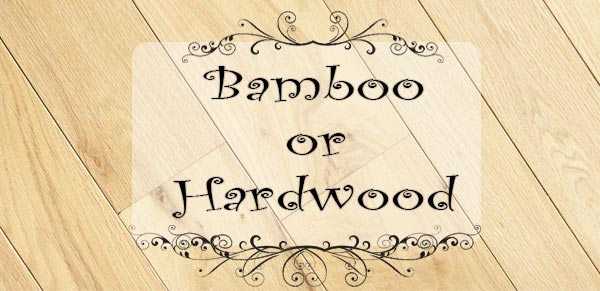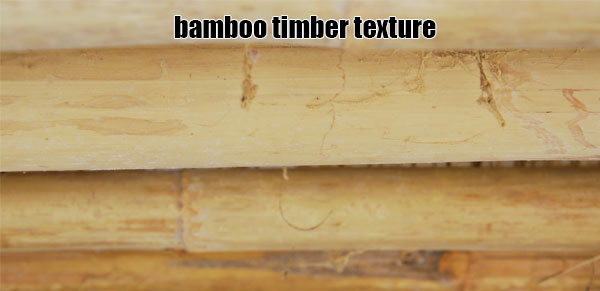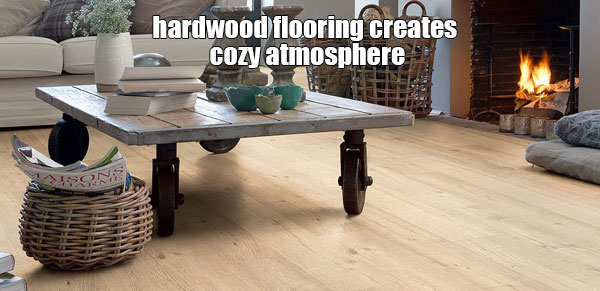
A couple of years ago a new type of flooring became incredibly popular in the UK – bamboo. It was something new, exotic and interesting so many followed the fashion trend and purchased themselves one. Today, it is far less popular and we are going to discuss in this article exactly why. Just how good is bamboo compared to hardwood? Is it worth the money? Are there any particular benefits?
What Exactly Is Bamboo?
Despite the fact that most flooring companies classify bamboo as a 'real' wood it isn’t. It is a fast-growing grass found in the South Pacific and East Asia. Even after cutting, it can regenerate itself which makes it highly sustainable and environmentally friendly option. Bamboo can fully grow in like five years while a mature tree can take a couple of decades and then some.
The Types of Bamboo Flooring
Engineered bamboo - It is the most recognizable type of bamboo flooring, also known as a horizontal cut. Its structure is a bit different from the hardwood engineered alternative. Engineered bamboo usually consists of a substrate with a pre-finished bamboo wear-layer of horizontally cut pieces glued on top.
Solid bamboo - Also known as vertical cut, it is made by compressing several solid bamboo pieces and gluing them together. It is indeed thinner but generally stronger than the engineered version.
Strand-woven bamboo - It is by far the strongest type of bamboo flooring. The material is cut and compressed with adhesives to the point it doesn’t even look like bamboo. The adhesives are the tricky part. Beware of cheap bamboo! Responsible manufacturers will use solvent-free adhesives while the not-so-responsible ones will use the toxic chemical urea formaldehyde.

How Hard Is Bamboo Compared to Hardwood?
The internationally accepted standard for measuring the overall toughness of a wooden floor is the Janka hardness test. According to it, one of the most popular choices for a hardwood floor, the white oak, has overall hardiness of 1,360 lbf (pounds-force). In comparison, a Natural Bamboo has a rating of 1,380 lbf. As you can see Bamboo is pretty competitive in its natural state. But wait!
On the market, you can also find darkened bamboo which is created with a carbonization process where the raw material is put under a lot of pressure and a great amount of heat. The final product – carbonized bamboo, will be weaker than the natural version with 1,180 lbf. The obvious conclusion is that darker equals softer.
And this isn’t the end of it! We have already mentioned that strand-woven bamboo and the fact it is stronger than the regular bamboo. Just how strong? Around 3,000 lbf according to the Janka test!
In the end, strand-woven bamboo will be stronger than most types of hardwoods on the market. It is, however, not the strongest. Some of the more exotic wood species can surpass even this. The Brazilian Walnut, for example, can go as far 3,684 lbf but the price will also be respectable.
Let’s Compare Looks
Between different wood species, grades, patterns, cuts etc. you have incredible variety and freedom of choice when picking a hardwood floor. As long as you can afford it, there is little stopping you from finding the perfect floor for your needs.
Bamboo, on the other hand, simply cannot match the variety of species and grades. Like hardwood, bamboo offers plenty of choices when it comes to flooring products including polyurethane lacquers, oils, and different sheens to make the floor suit your taste. The downside is it is very hard to refinish not only because the coating is difficult to remove but also because it’s possible to release toxic chemicals like the already mentioned urea formaldehyde. Speaking of refinishing, the ability of the hardwood floors to be sanded is one of the facts that make them prefered choice for many.

Moisture Resistance
It is a well-known fact that wood is susceptible to water. Engineered floors, though, with the right kind of finish (polyurethane varnish) are well protected. If we have to compare bamboo to popular hardwood species, bamboo will be slightly more resistant to moisture. It will also naturally prevent the growth of mold and mildew – something which can be a problem for hardwood in damp areas.
Environmental Impact
People are rightly concerned when it comes to the destruction of nature for the benefit of man. It is always nice to know that by getting yourself a fine floor you did not contribute to the mass deforestation in certain areas of the world. The problem with bamboo is not the cutting itself. Bamboo grows rapidly. The transportation from exotic places like South Asia as well as the manufacturing process can consume a lot of energy, though. Also, cheap bamboo is usually created with cheaper adhesives and techniques which do not impact the environment in a positive way.
What Will Cost Me More?
The cost depends a lot on the type of wood and the quality of the bamboo. In general, bamboo should cost you less. We have already warned you that too cheap products can be not only of lower quality but even potentially harmful since you don’t know what kind of adhesives they used. There is also the fact that low-quality bamboo can be scratched quite easily, especially by high heels because of the inexpensive coating on top. Truth is that, at least when it comes to flooring, a higher price usually reflects better quality.
